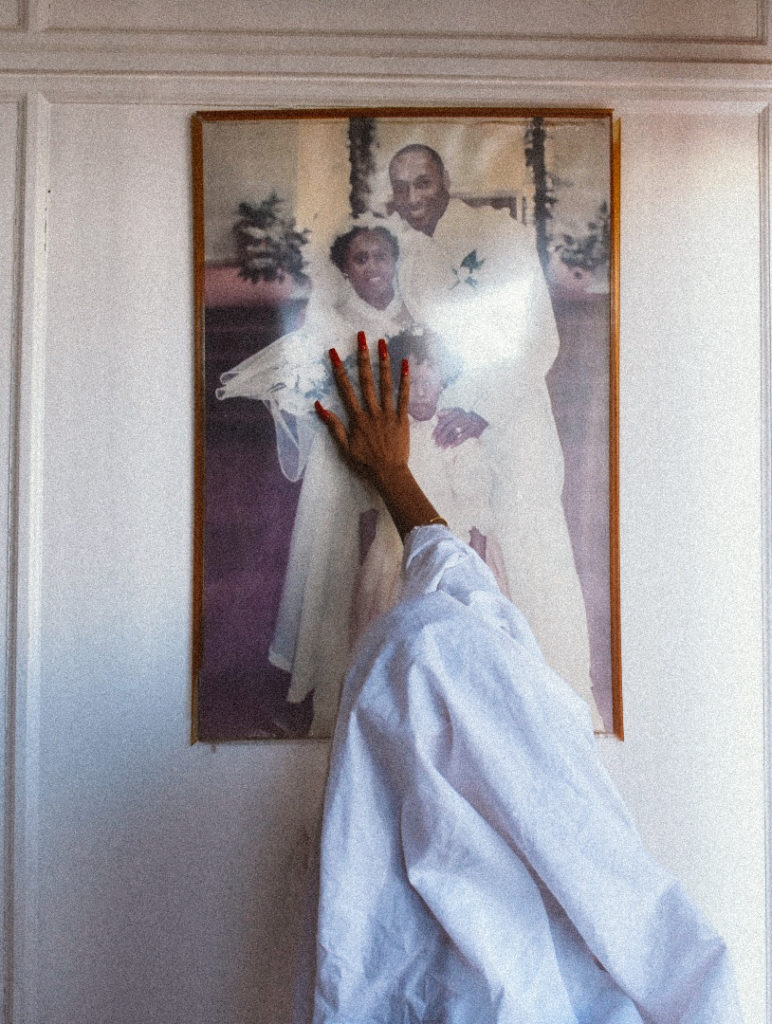by THE EDITORS

We know we love something when it makes us feel things. It is often an unfamiliar, but pleasant sensation to feel. And sometimes it recalls prior feelings. We call that nostalgia. To love a thing is special. It is both rare and always available. Love is a resource and requirement. When we love something, it resonates.
It causes us to be filled with the sound of its embrace. There is a sensuousness to it. But resonance is also consent. It is the sound of permission granted to simply be. So we respond to it.
Feeling is also kind of knowing. The Trinidadian anthropologist Basil Matthews once wrote that when it comes to knowing the world, people of African descent practiced “feeling intelligence.”1 To know something, is to have felt it. This goes beyond the tactile, or the vibrational. More affirmation than verification, in order to know something, it must resonate.
We just be feelin’ it. Aretha Franklin said she wanted to give us something we can feel.
Like Aretha, at A Gathering Together, we want to offer a way of feeling. Each other. Each other’s worlds. Each other’s possibilities. Seeing the links between ancestors and ourselves should evoke a feeling. Imagining the work and challenge of liberation against the presence of harm is feeling work. Writing across the diaspora of Black life, these words spark what Toni Morrison once called rememory. For this issue, we chose writings that resonated.
Beyond technical proficiency and writing styles, against a kind of professional ambition or literary celebrity, there is simply resonance. Words and images become connections to our deepest reservoirs of human capacity. We know what it is when we feel it. Feeling is resonance.
Resonance is how we remember, how we recover, how we reassert what it means to be who we are across time and space. As you read this issue, we invite you to bask in what resonance can be, what it can provide. Take it with you. So that it can be given to someone else.
